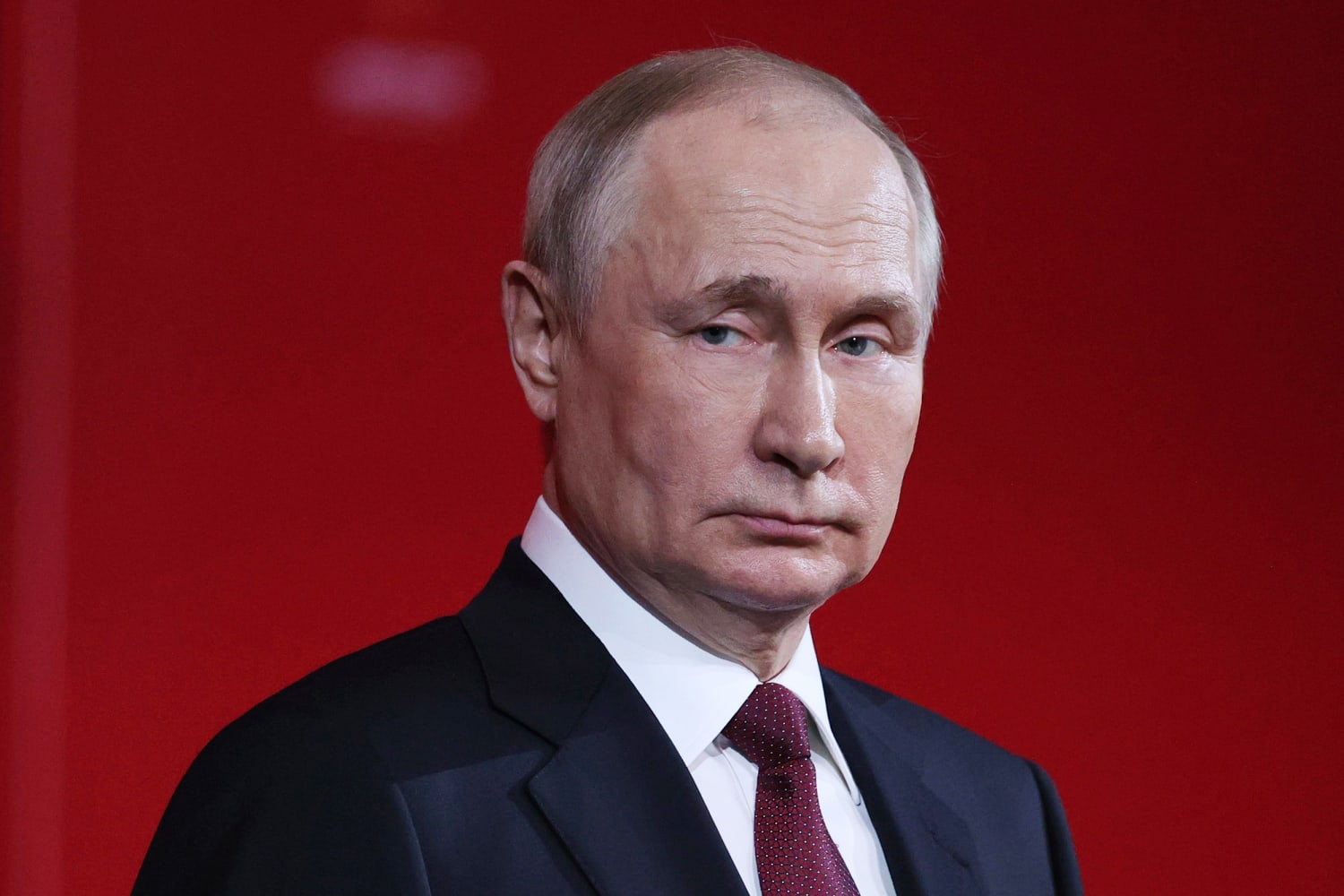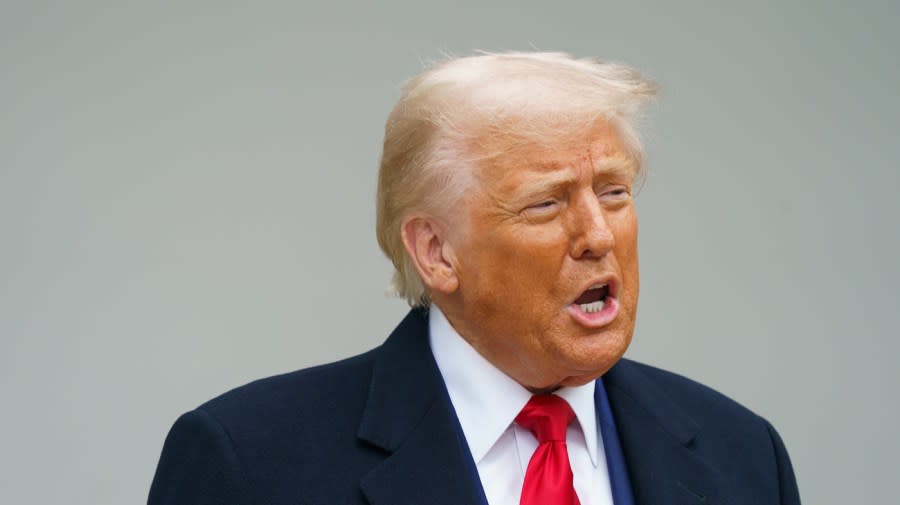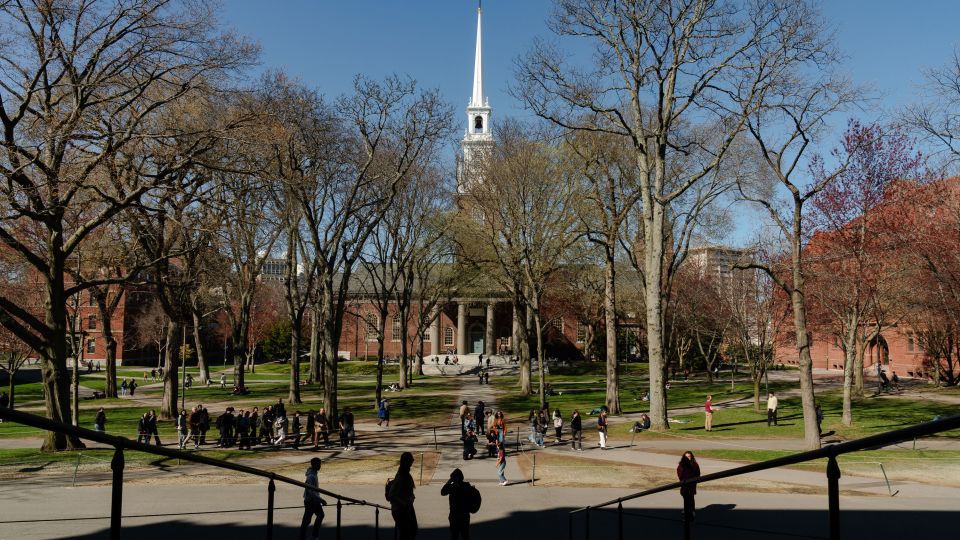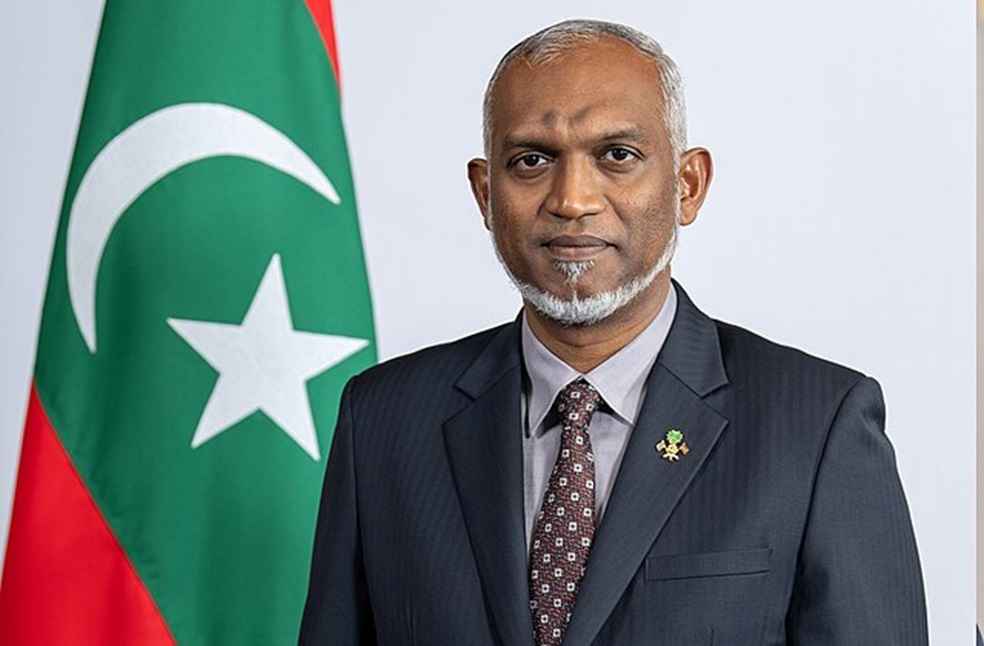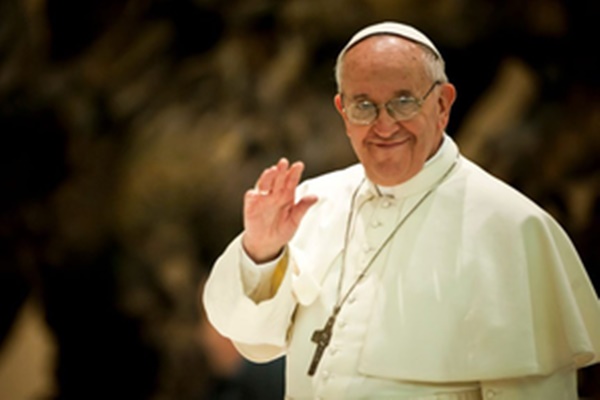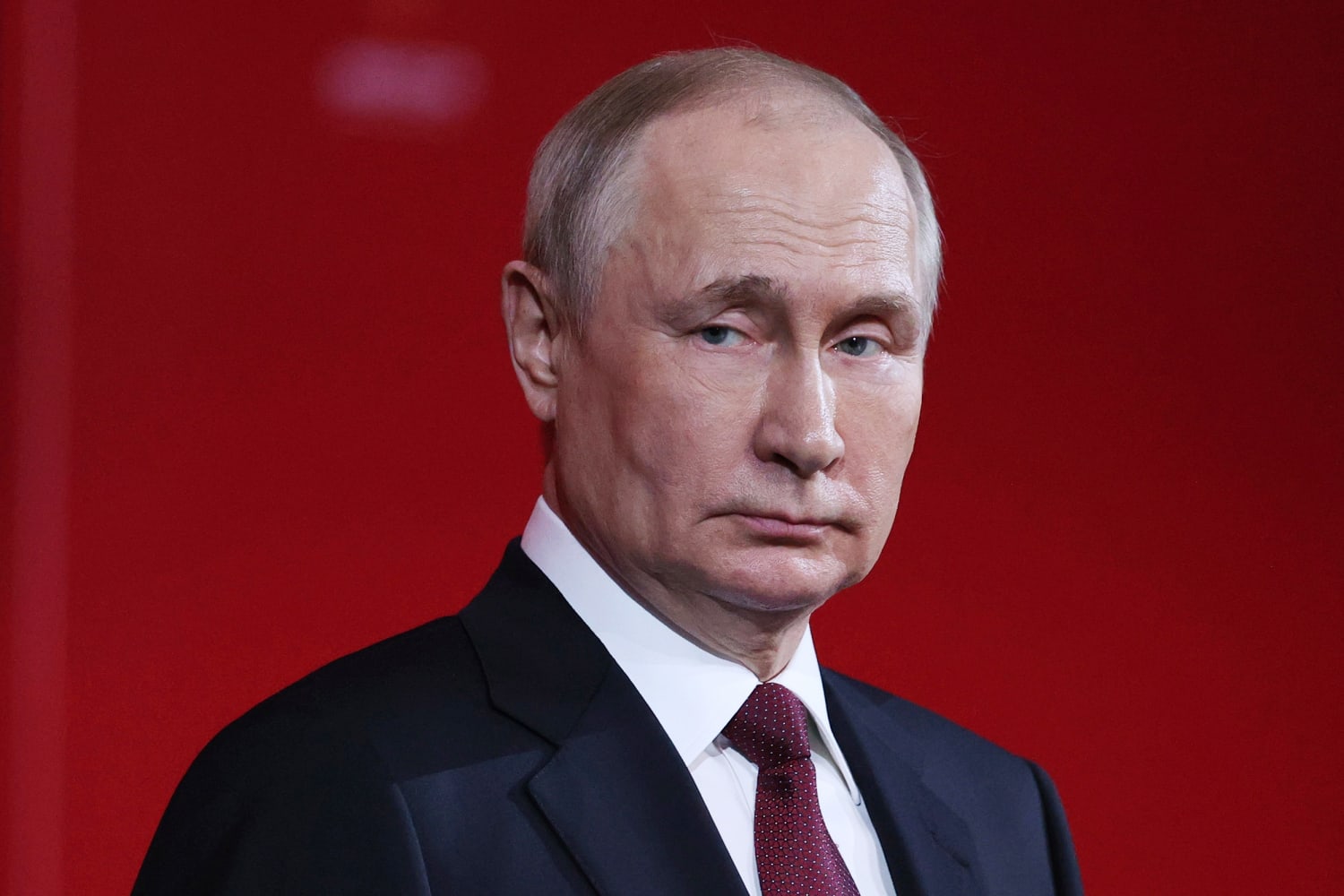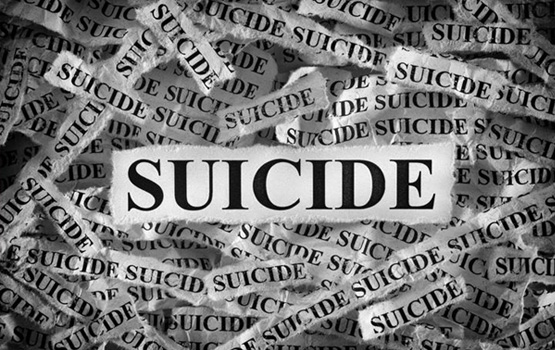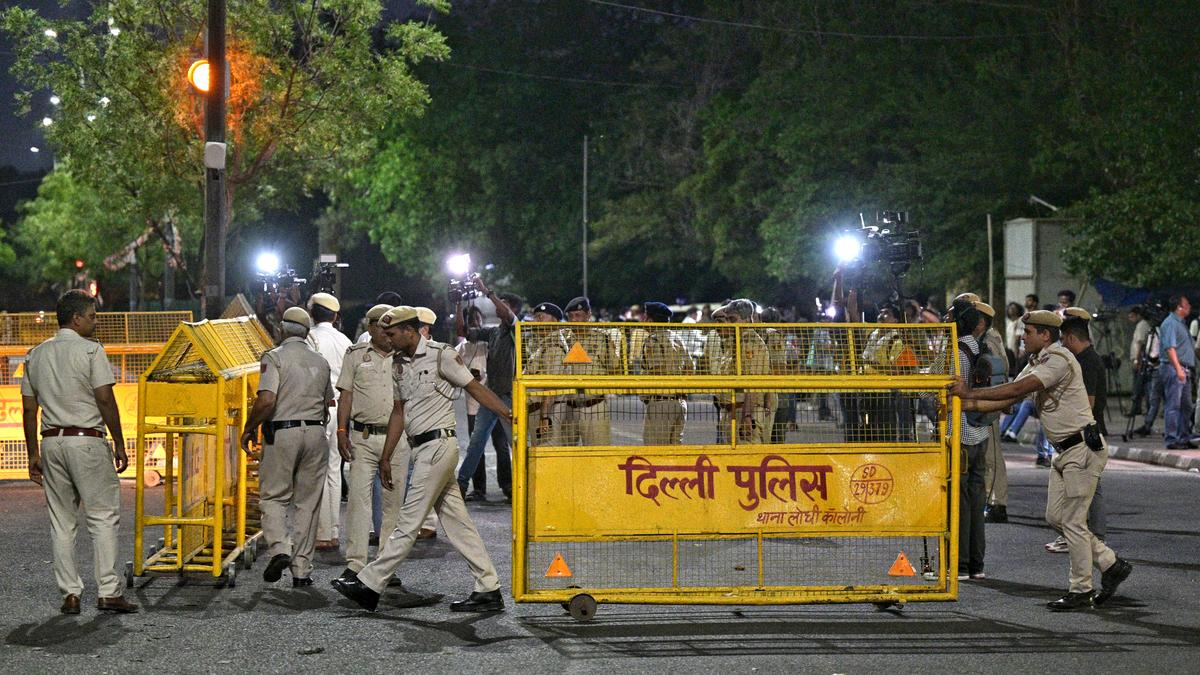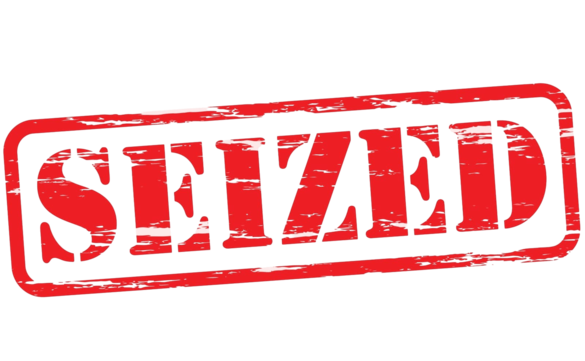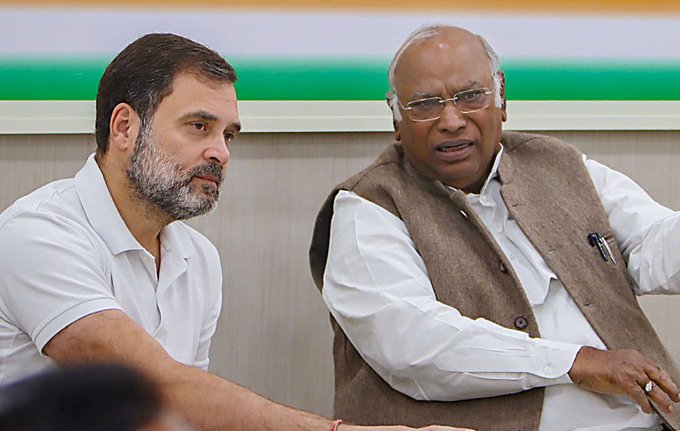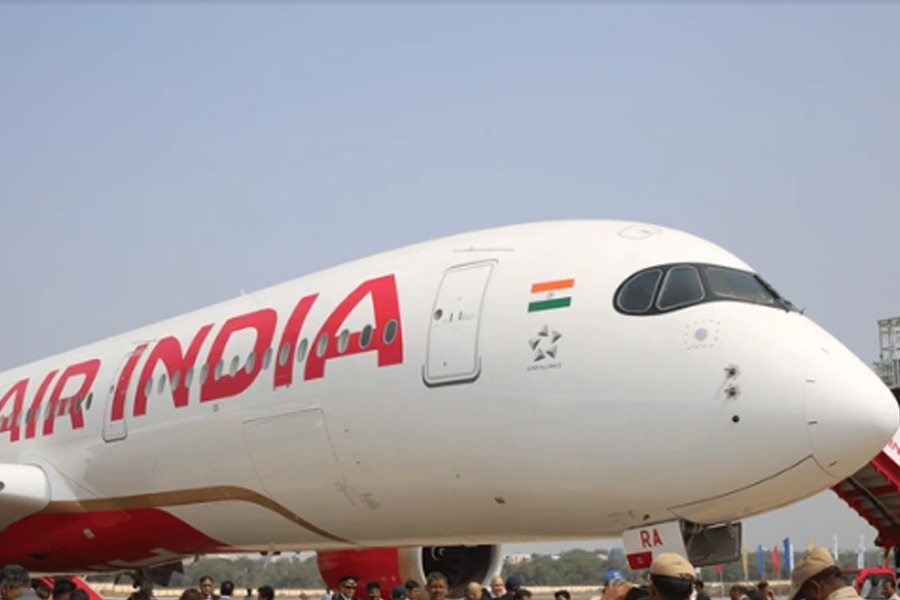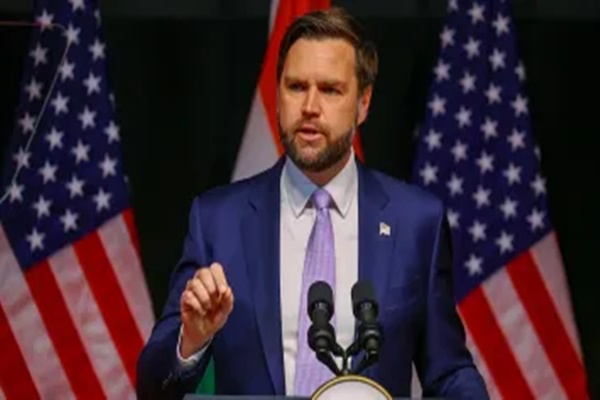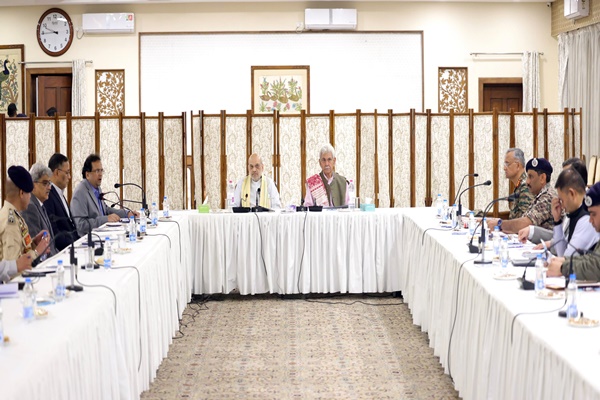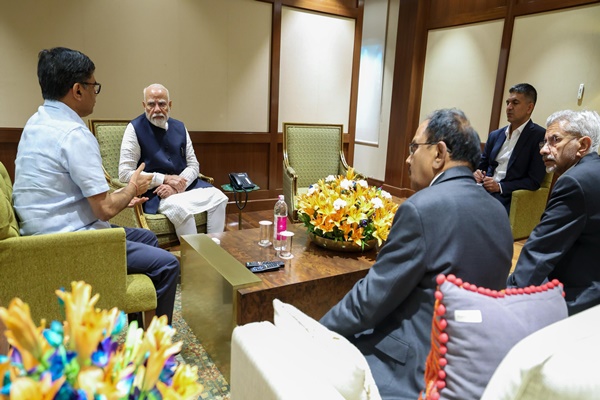Brazil’s Lula da Silva convicted of corruption
Thu 13 Jul 2017, 09:47:05
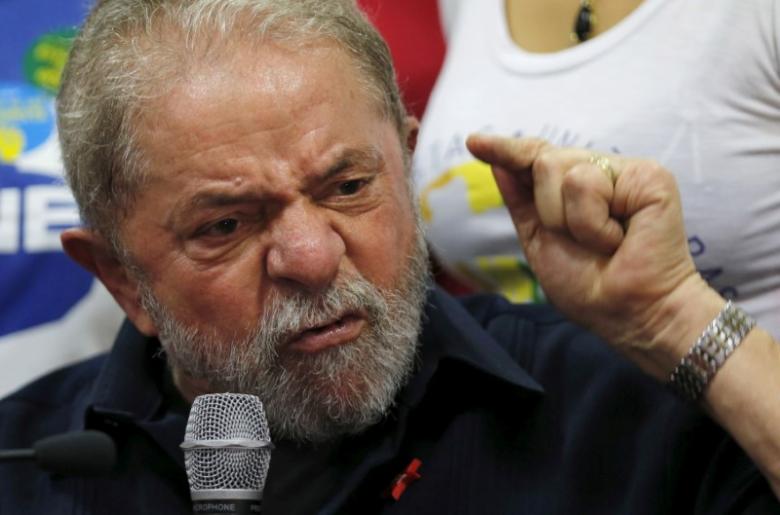
The man known to Brazilians simply as Lula remains revered both for his economic policies and his role in fighting for democracy during the country’s dictatorship.
Former Brazilian President Luiz Inacio Lula da Silva was found guilty of corruption and money laundering on Wednesday and sentenced to almost 10 years in prison, the highest-profile conviction yet in the sprawling graft investigation that has jailed dozens of Brazil’s elite.
The decision by Judge Sergio Moro was widely expected, even by Silva’s own defense team, but was still stunning. The charismatic leader left office on Dec. 31, 2010, with sky-high popularity and is credited with pulling millions of Brazilians out of poverty and turning Latin America’s largest nation into an important player on the world stage.
Brazil’s first working class president will remain free while an appeal is heard, but he is now also the country’s first ex-president to be convicted in a criminal proceeding at least since democracy was restored in the 1980s.
In many quarters, the man known to Brazilians simply as Lula remains revered both for his economic policies and his role in fighting for democracy during the country’s dictatorship. The 71-year-old has been considered a front-runner for next year’s presidential
election.
election.
Silva’s defense team issued a scathing statement after the ruling, calling the charges an attack on democracy and vowing to prove the former president’s innocence.
“President Lula has been the victim of lawfare, the use of the law for political ends, the famous method used to brutal effect in various dictatorships throughout history,” the lawyers said.
The case is part of the huge “Operation Car Wash” corruption investigation centered on state-run oil giant Petrobras that has led to the convictions of dozens of business executives and politicians, and threatens current President Michel Temer.
Silva was accused of receiving a beachfront apartment and repairs to the property as kickbacks from construction company OAS. Silva never owned the apartment, but prosecutors argued it was intended for him. Prosecutors also alleged that OAS paid to store Silva’s belongings, but Judge Moro dismissed that part of the case.
Silva also faces charges in four other cases. The former union leader has said all the charges are completely unfounded, and his defiant testimony in the case decided on Wednesday was billed as a showdown between himself and Judge Moro. Both men are viewed as national heroes by some parts of Brazilian society.
No Comments For This Post, Be first to write a Comment.
Most viewed from International
Most viewed from World
AIMIM News
Latest Urdu News
Most Viewed
May 26, 2020
Do you think Canada-India relations will improve under New PM Mark Carney?
Latest Videos View All
Like Us
Home
About Us
Advertise With Us
All Polls
Epaper Archives
Privacy Policy
Contact Us
Download Etemaad App
© 2025 Etemaad Daily News, All Rights Reserved.

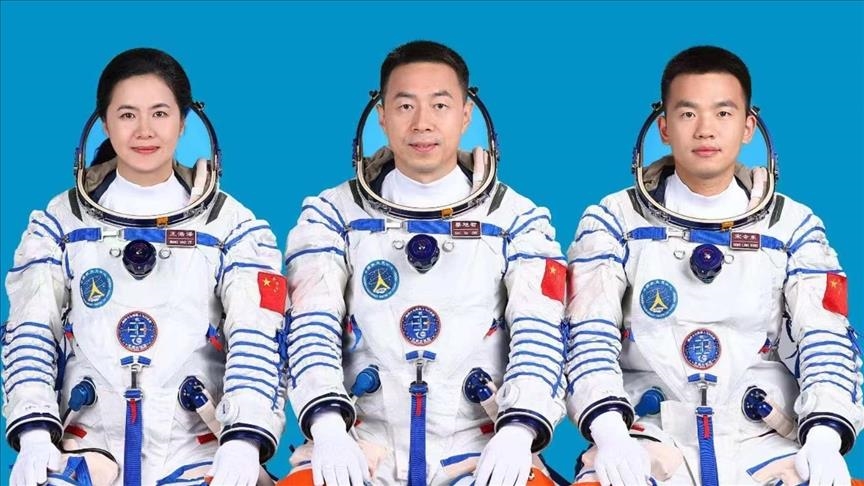

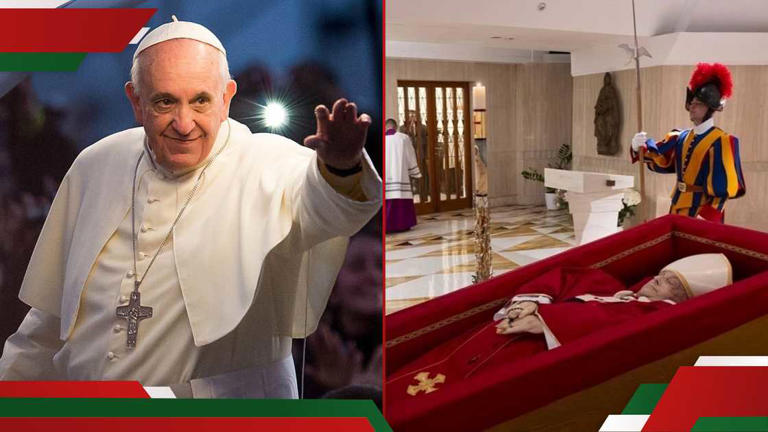
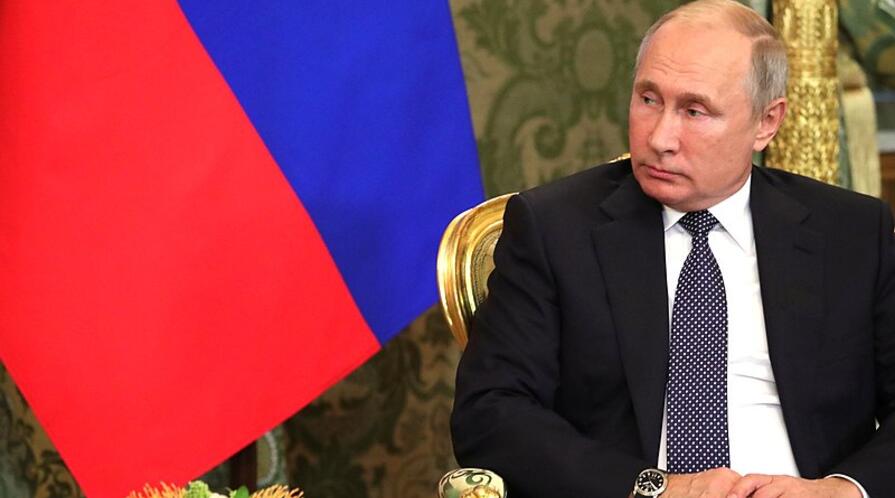
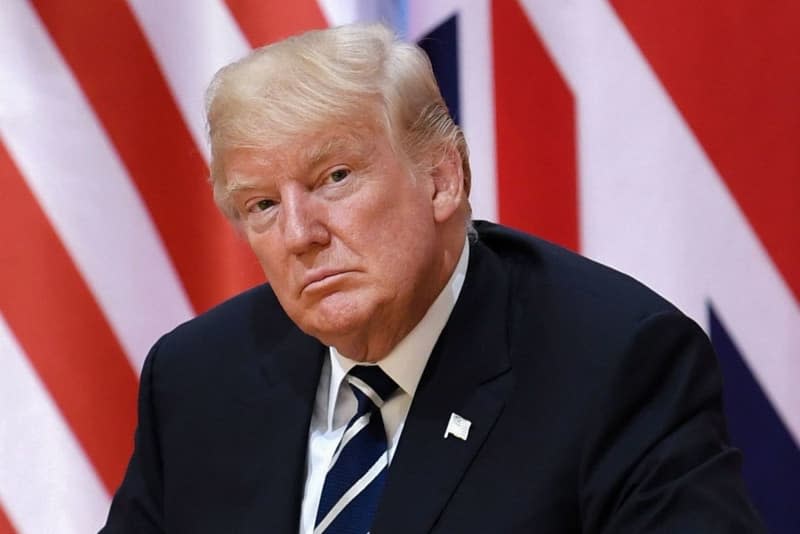
.jpg)
